WATCH: The northern Saskatchewan community of La Ronge is the most at risk from the wildfires raging across the province. Flames are creeping towards the town, with the fire line just two kilometres away. Help is on the way, though. More than 100 soldiers are being trained to help fight the fires and hundreds more are set to join them. Reid Fiest reports.

LATEST UPDATE: Troops ready to help battle northern Sask. wildfires
Saskatchewan government officials said Tuesday morning the “Egg” and “Eli” fires continue to threaten La Ronge, Wadin Bay, Nemeiben Lake, Sucker River and English Bay. Duane McKay, with Saskatchewan’s Emergency Management department, said conditions are dire but additional resources should help.
As of Tuesday morning, 113 wildfires were burning in Saskatchewan; 54 of those are over 100 hectares in size. Nine fires have been declared out in the last 24 hours while six new fires have been reported.
La Ronge Mayor Thomas Sierzycki issued an update on Twitter about 10 a.m. local time Tuesday saying the fire is two kilometres northwest and 1.5 kilometres north of the town. He also stated that back burn operations were conducted on the northwesterly flank of the “Egg” fire.
Steve Roberts with the Ministry of Environment said the “Egg” fire is stable on the north side of the community. Crews are using water trucks to secure the area around the airport and the northwest subdivision.
While officials say the fire is stable, it continues to be a threat to La Ronge as winds could pose a challenge throughout Tuesday.
READ MORE: Strong winds in forecast may worsen wildfire conditions in La Ronge

Get daily National news
In the La Loche area, firefighters and tankers continue to work on the “Mack” fire from different directions, while helicopter and ground crews continue to protect values from the “Senyk” fire at Pinehouse.
Pinehouse has been without power for over a week as fires have destroyed infrastructure, including power poles and fibre lines. Crews are hoping to have power restored sometime Tuesday.
Canadian Forces members are also set to join the firefighting efforts. Soldiers started rolling into Saskatchewan on Monday and by 10 p.m., 500 members of the rapid response unit based in Edmonton were in Prince Albert.
About 200 received eight hours of training when they arrived late Monday afternoon and the remainder will likely be trained on Tuesday. At least 350 will be deployed Wednesday morning south of La Ronge.
“Obviously we are not professional firefighters, but we are getting some great and valuable training tonight (Monday) and into the week to set us up in addition to the other valuable skills we bring to the table,” said Lt.-Col. Mason Stalker.
“They’re going to get things like coveralls, goggles, ear protection, hard hats, etc. and once they’re issued those, add that to the training and the basic skill sets they already bring to the table, we’ll get them projected north in support of the Government of Saskatchewan.”
READ MORE: Situation very critical as crews battle northern Sask. wildfires
The Canadian Forces is taking the lead from the Government of Saskatchewan. Soldiers will be assigned to work with a professional firefighter who will assign tasks to them and will be working on less high-risk situations.
Initially, it was reported 1,000 troops would be coming to assist with wildfire fighting efforts. The other 500 troops will be deployed from Shilo, Man. if needed.
“We’ve deliberately done a phased approach into this zone, because we certainly don’t want to overwhelm and we want to bring what is required to assist the people of Saskatchewan,” said Stalker.
“So if the Government of Saskatchewan, in consultation with the fire centre here, determines that more are needed, there are additional, as I mentioned that other immediate response unit that’s based in Shilo, my commander would start the process based on the recommendations from, of course the wildfire centre here and the Government of Saskatchewan if they are needed.”
The Lac La Ronge Indian Band is encouraging able-bodied people to volunteer as firefighters to switch out and provide relief to crews on the front line. All who volunteer will receive training after military personal have been trained.
READ MORE: Fire evacuation largest in Saskatchewan’s history
La Ronge residents were evacuated on the weekend from the town, as well as neighbouring Air Ronge and the Lac La Ronge Indian Band.
Fires and thick smoke forced others in the north to start leaving their homes 11 days earlier.
Saskatchewan wildfires in pictures as taken by Corey Hardcastle with the Sask. Ministry of Environment:
Flames have destroyed about a dozen homes, remote cabins and other buildings in Montreal Lake, Weyakwin and Wadin Bay. One building also burned north of La Ronge.
No structures have been reported lost in the last 24 hours.
About 300 square kilometres are burning in what officials are calling high-priority fire zones, about 10 times the yearly average.
READ MORE: Hundreds forced from homes by Saskatchewan wildfires staying in Cold Lake
Nearly 700 evacuees from La Ronge were being housed in Cold Lake, Alta. The Alberta government had said it was preparing to receive up to 5,000 after centres in Saskatoon, Regina, Prince Albert and North Battleford were filling up.
Karri Kempf with Saskatchewan’s Social Services Ministry said 7,320 have registered as evacuees and she estimates another 2,000 others are staying with friends and family.
With files from Global’s Wendy Winiewski and The Canadian Press

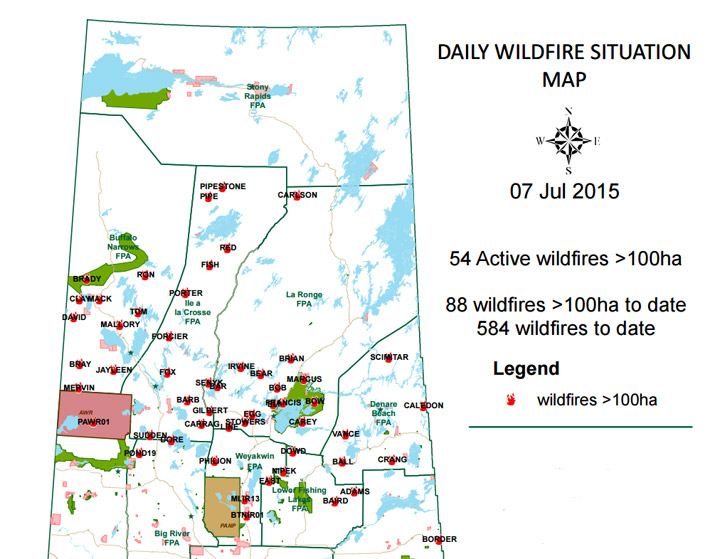



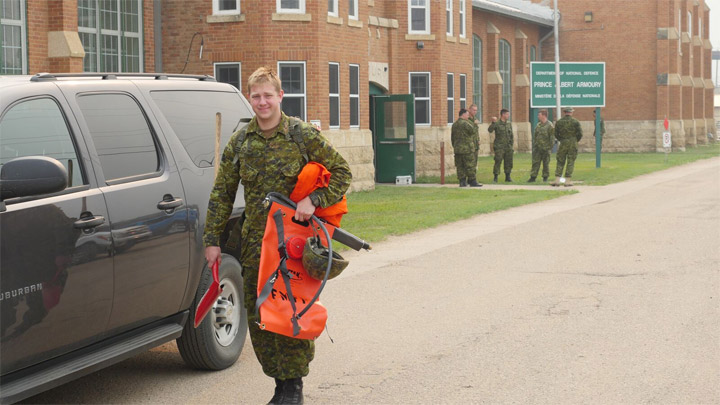



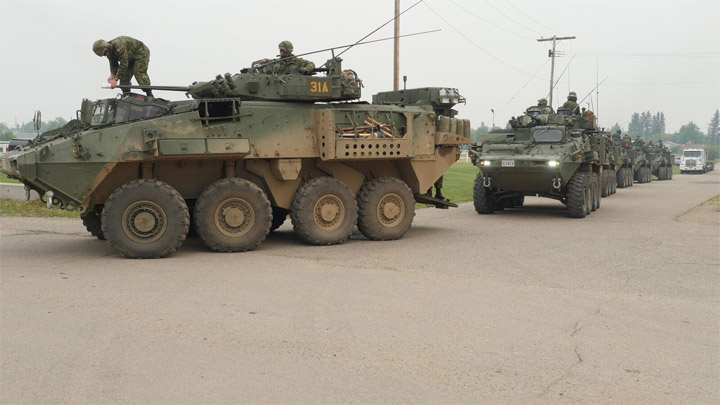






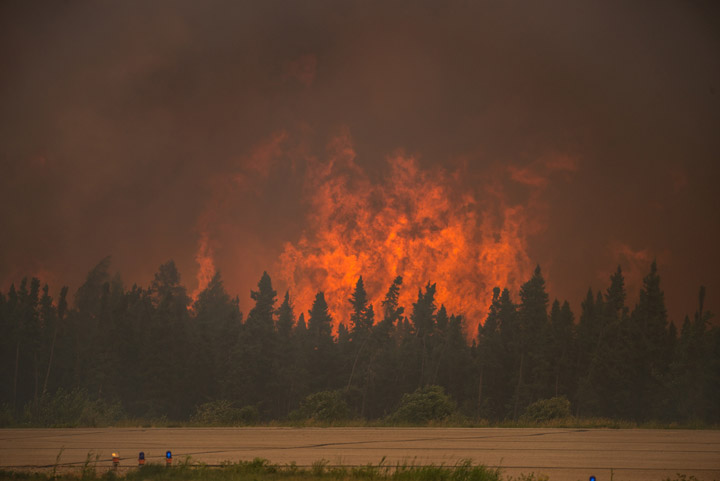

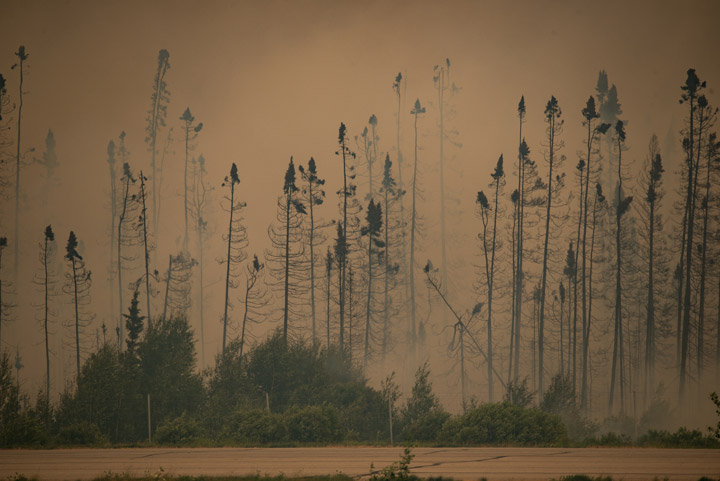

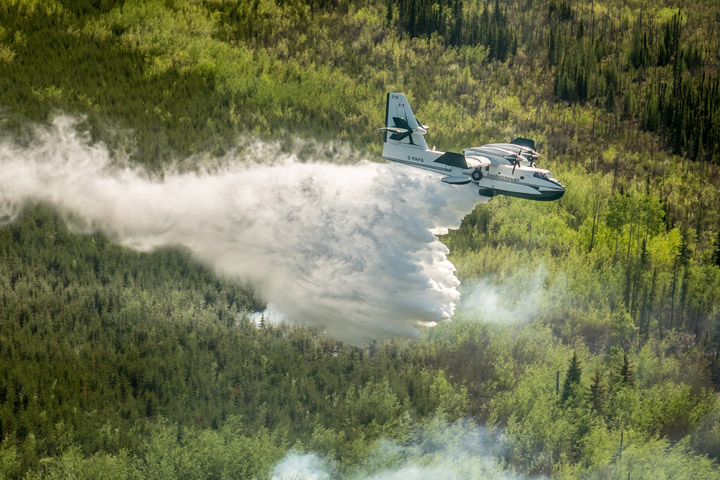

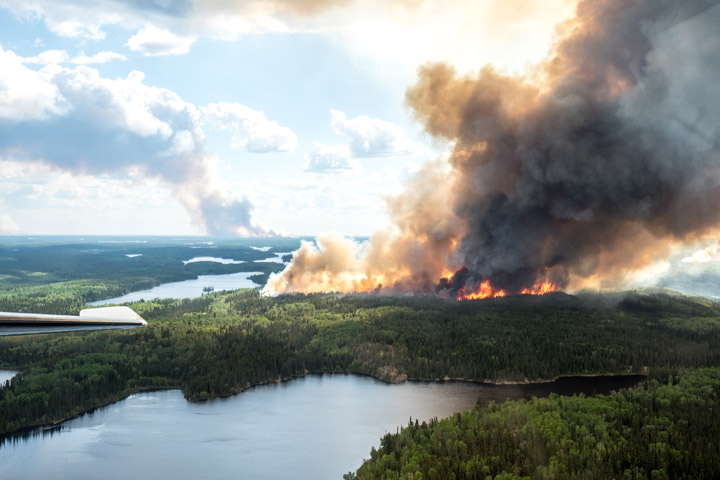

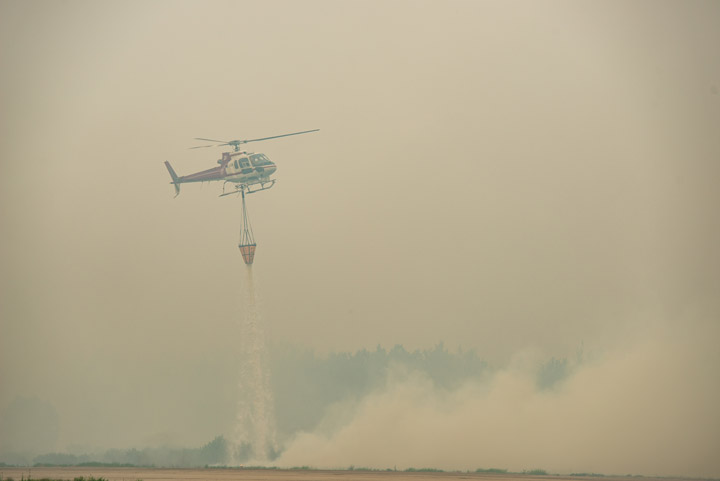

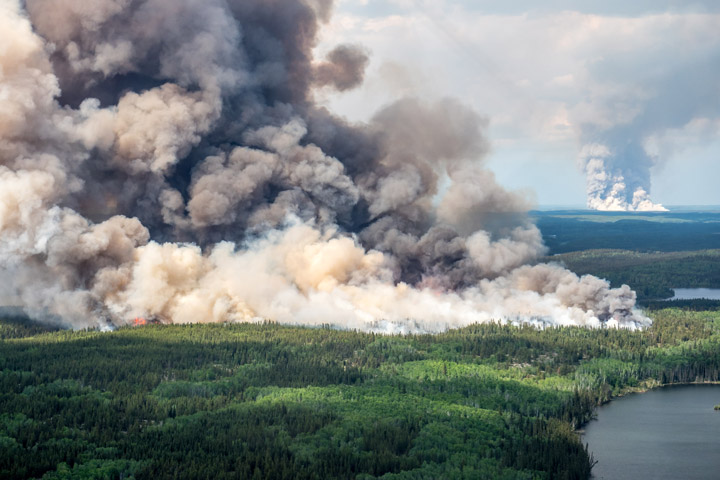

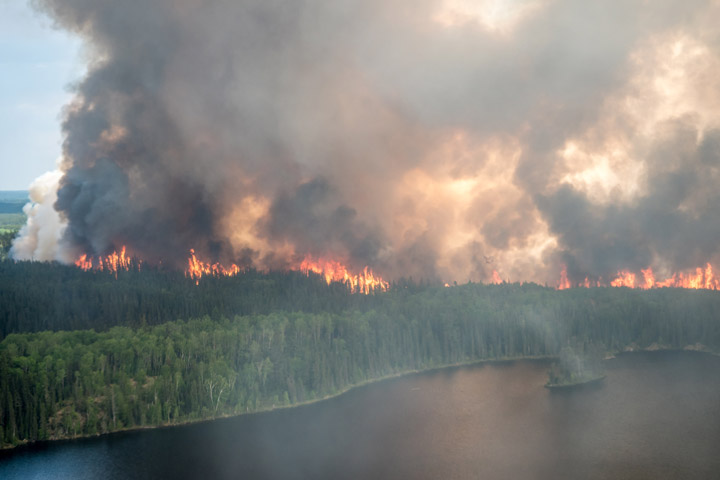

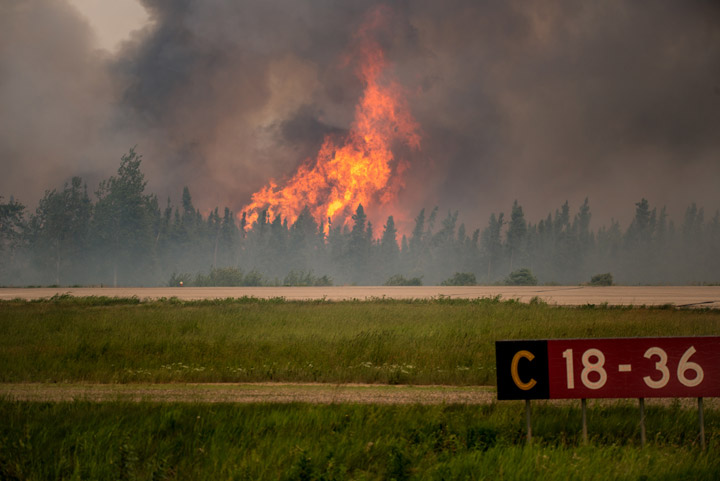

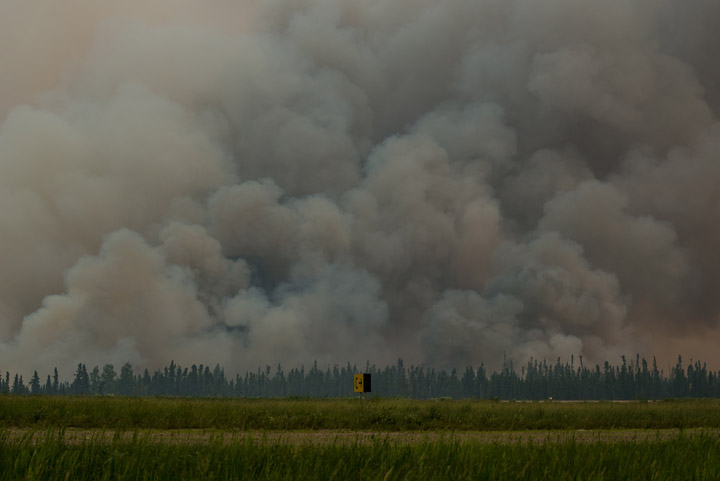

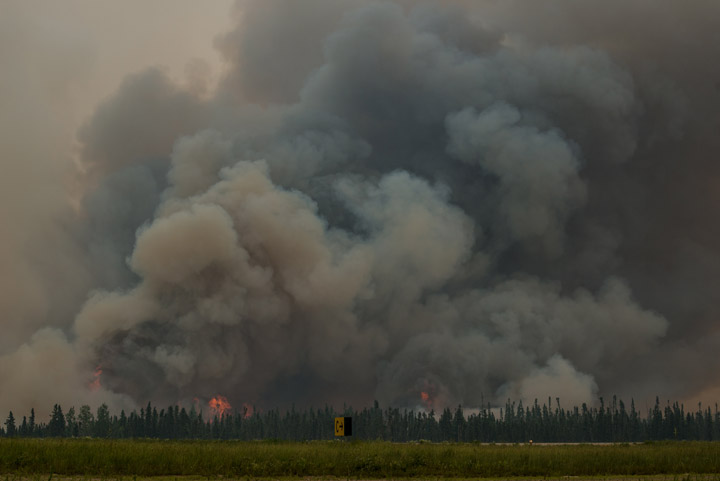

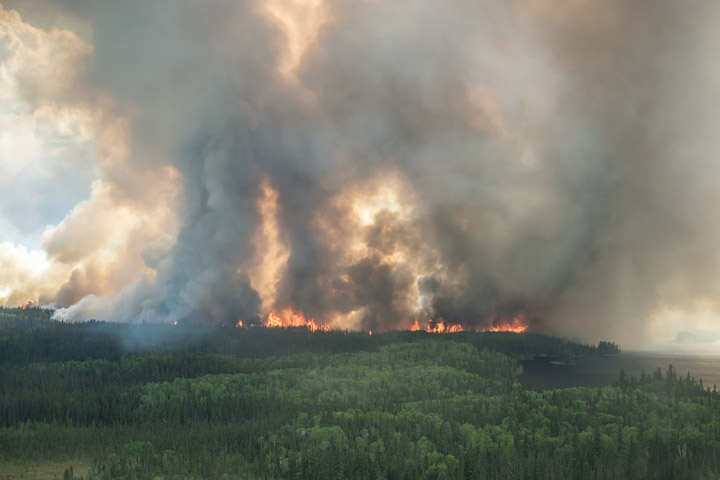

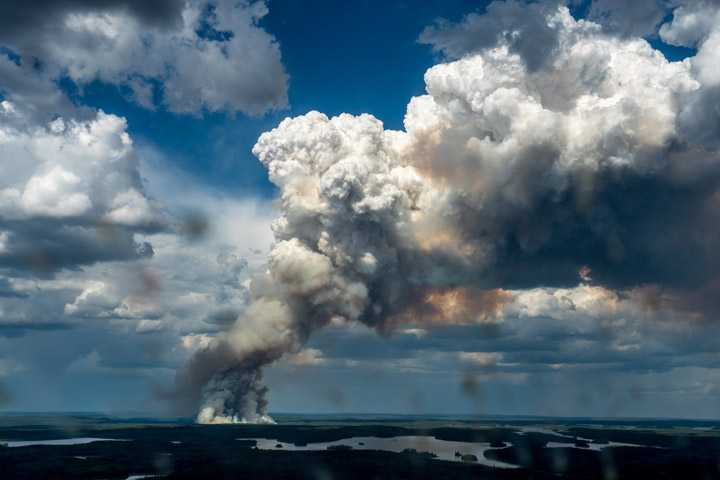

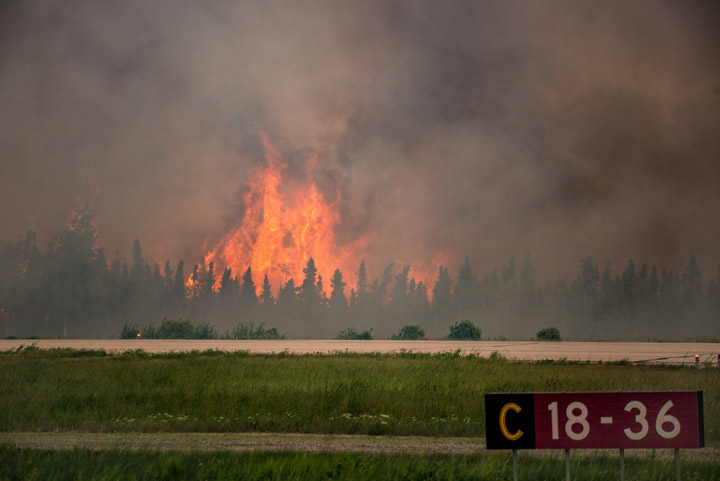

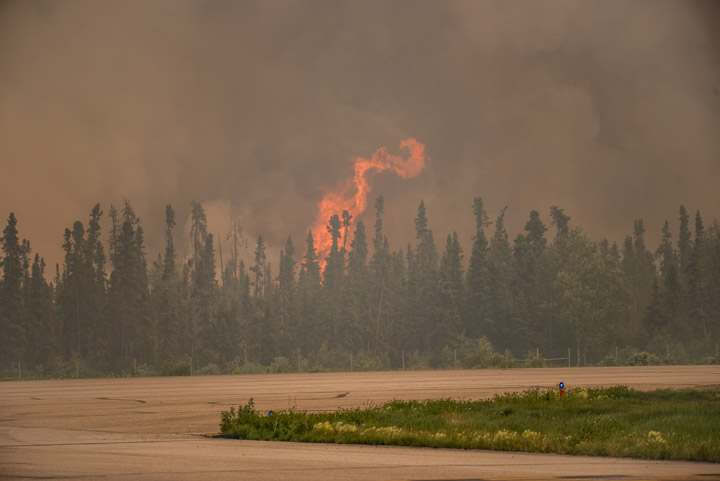

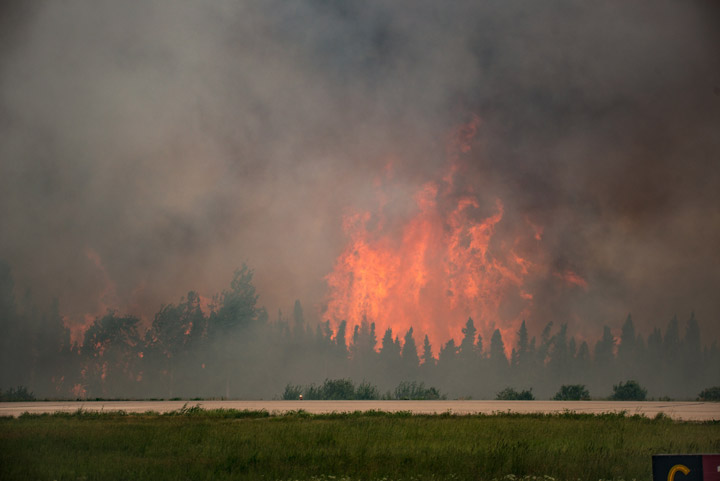

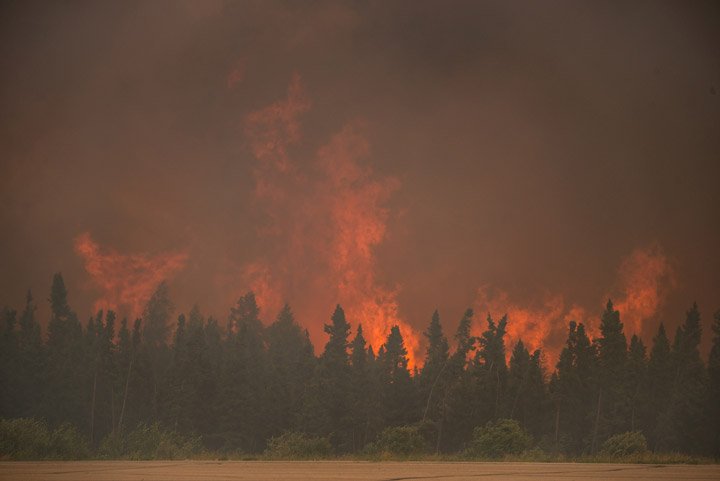

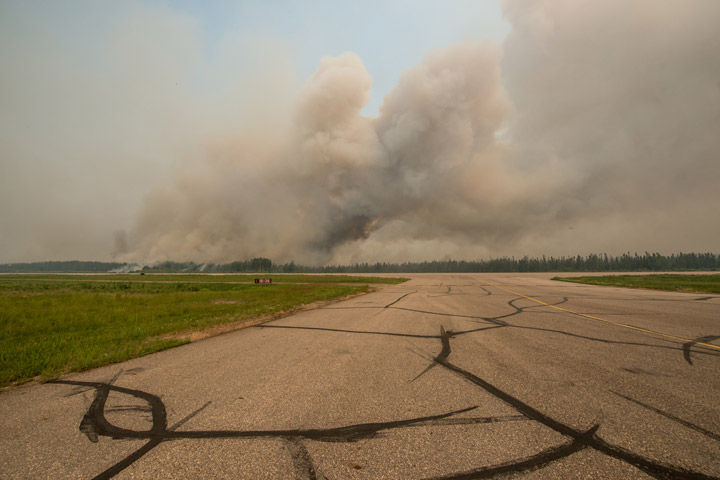

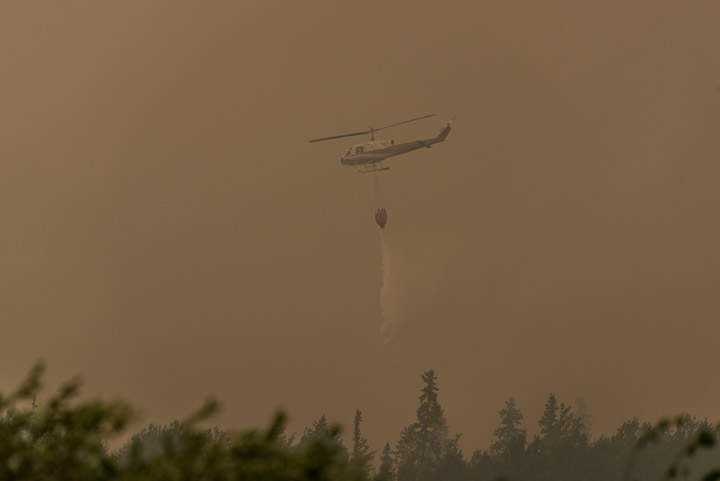

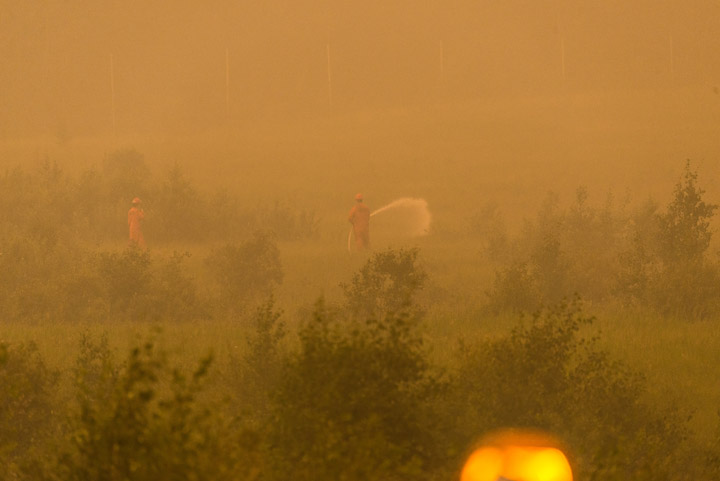
Comments